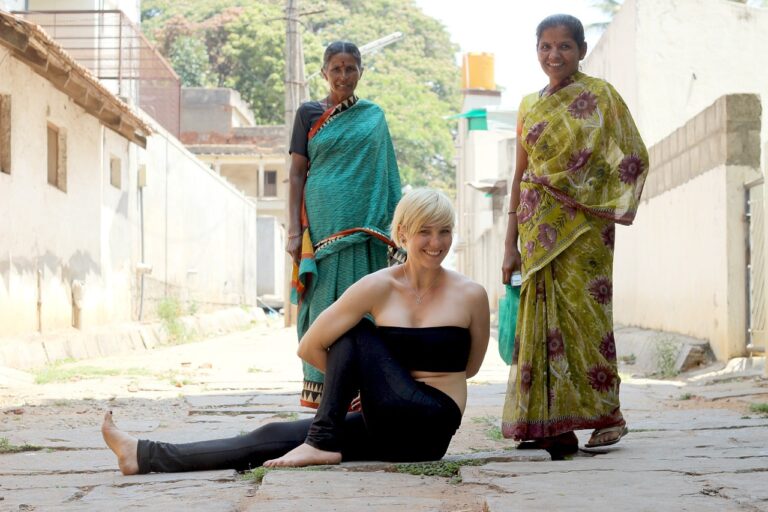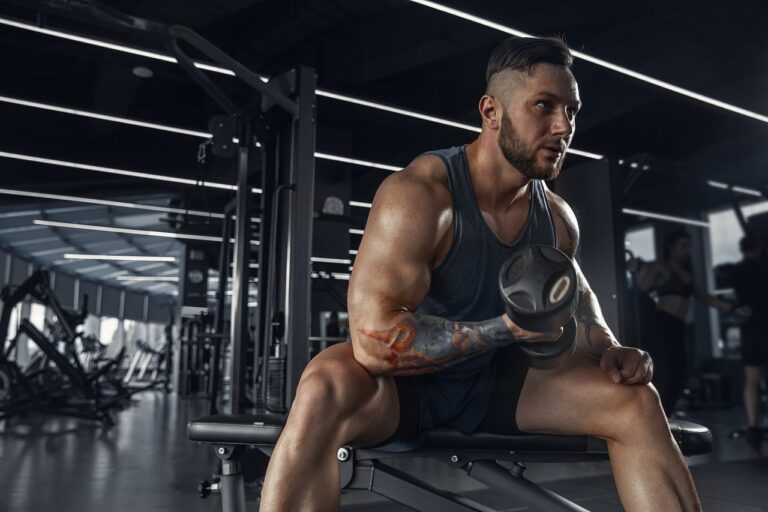The Impact of Social Media on Body Image and Mental Health
Social media has become an omnipresent force in our daily lives, offering a platform where individuals can connect, share, and consume information. However, the relentless presence of carefully curated images showcasing unattainable beauty standards has given rise to concerns about the impact of social media on body image perception. Studies have shown a strong correlation between the amount of time individuals spend on social media platforms and their levels of body dissatisfaction, leading to detrimental effects on mental health.
The constant exposure to flawless and filtered images of influencers and celebrities can cultivate unrealistic expectations regarding one’s own appearance. This phenomenon can contribute to feelings of inadequacy and insecurity, as individuals internalize unattainable beauty standards perpetuated on social media. Moreover, the practice of comparing oneself to others within the realm of social media can exacerbate negative body image perceptions, fueling a cycle of self-criticism and low self-esteem.
The role of influencers and celebrities in shaping body ideals
In today’s digital age, influencers and celebrities play a significant role in shaping societal body ideals. With their large online presence and wide reach, these individuals have the power to influence millions of followers of all ages. Through curated posts showcasing their bodies, they can inadvertently set unrealistic standards that are often unattainable for the average person.
The constant exposure to these idealized bodies can lead to feelings of inadequacy and low self-esteem among social media users. As individuals strive to emulate the flawless appearances of their favorite influencers and celebrities, they may resort to unhealthy behaviors such as extreme dieting or excessive exercise. This perpetuates a cycle of comparison and self-criticism, creating a toxic environment where one’s worth is often equated with their physical appearance.
• Social media influencers and celebrities have a significant impact on shaping societal body ideals
• Their curated posts showcasing idealized bodies can lead to feelings of inadequacy among followers
• Followers may resort to unhealthy behaviors in an attempt to emulate these unrealistic standards
• This perpetuates a cycle of comparison and self-criticism, contributing to low self-esteem
Comparison culture on social media platforms
Comparison culture on social media platforms can often lead individuals to feel insecure or dissatisfied with their own bodies. The prevalence of carefully curated images showcasing idealized and often unrealistic standards can create a sense of inadequacy among users. Continuous exposure to such content may contribute to feelings of self-doubt and a distorted perception of one’s own body.
Moreover, the culture of comparison on social media can foster unhealthy competition and a constant need for validation through likes and comments on appearance-related posts. This can perpetuate a cycle of seeking external approval and validation based solely on physical attributes, rather than focusing on personal well-being and self-acceptance. In a digital landscape where images are filtered and edited to perfection, it is crucial for individuals to practice self-awareness and prioritize their mental health over seeking validation through comparison on social media.
How does social media influence body image perception?
Social media platforms often showcase unrealistic beauty standards, leading individuals to compare themselves to others and develop negative body image perceptions.
What role do influencers and celebrities play in shaping body ideals on social media?
Influencers and celebrities often promote a certain body type or lifestyle, making their followers aspire to achieve similar standards, leading to increased comparison and dissatisfaction with one’s own body.
What is comparison culture on social media platforms?
Comparison culture refers to the habit of constantly comparing oneself to others on social media, which can lead to feelings of inadequacy, low self-esteem, and negative body image perceptions.
How can individuals combat the negative effects of comparison culture on social media?
It is important for individuals to remember that social media often portrays a curated and unrealistic version of reality. Limiting time spent on social media, unfollowing accounts that trigger negative feelings, and practicing self-compassion can help combat the negative effects of comparison culture.







